Her translation turned Sappho into a modernist icon
Mary Ethel Barnard ’32
Mary E. Barnard ’32 in her home in Vancouver, Washington, circa 1990.
Courtesy of Special Collections, Eric V. Hauser Memorial Library, Reed College.
Renowned poet, writer, and translator, Mary Ethel Barnard ’32 died August 25, 2001, in Vancouver, Washington.
She is perhaps best known for her elegant, powerful translations of the ancient Greek poet Sappho , which liberated the Attic author from a prison of Victorian verse and transformed her into a feminist icon.
The daughter of a Washington logger, Mary came to Reed in 1928, just before the stock-market crash of 1929 plunged the nation into the Great Depression. She majored in general literature and graduated, as she put it, "in the worst year of the Depression."
Mary moved to New York City and struck up a correspondence and friendship with the poet Ezra Pound that was to last until Pound’s death in 1972. Mary's first published collection of poetry, Cool Country, appeared in the volume Five Young American Poets, 1940. Other works include the prose collection Three Fables (1948) and A Few Poems (1958). In 1957 Barnard returned to Vancouver, where she lived for the rest of her life. There she published Collected Poems (Breitenbush, 1979), the autobiographical Assault on Mount Helicon: A Literary Memoir (Breitenbush, 1984), and Nantucket Genesis: The Tale of My Tribe (Breitenbush, 1988).
Her essay-in-verse, Time and the White Tigress (Breitenbush, 1986), won the 1986 Western States Book Award for Poetry.
Mary is perhaps best known for Sappho: A New Translation (University of California Press, 1958), a clear and elegant translation that has never been out of print. By 1994, the book had sold more than 100,000 copies.
In 1978 Reed awarded Mary the honorary degree of Doctor of Humane Letters.
Her deft touch is apparent in her translation of a fragment of Sappho’s poetry:
Although they are
only breath, words
which I command
are immortal.
Read more about Mary's life and career:
Afternoons with the Muse: Poet Mary Barnard Dispenses Tea and Inspiration
Channeling Sappho: How Mary Barnard ’32 Liberated the Ancient Greek Poet from a Prison of Rhymes
Appeared in Reed magazine: November 2001
Please enable JavaScript to view the comments powered by Disqus.
comments powered by
From the Archives: The Lives they Led
Director of the Reed Nuclear Reactor From 1973 to 1980
Attorney Specializing in Biotechnology
Founder of Persephone Farm in Lebanon, Oregon
Renowned Photographer and Professor
Lawyer With a Passion For Philosophy
Cofounder of Multnomah Village’s Annie Bloom’s Books
Certified Flight Instructor and Businessman
Teacher and Mountain Climber
Voracious Reader and Prolific Writer
Innovative thinker and Avid Outdoorsman
Chemist Who Worked on the Hubble Space Telescope
Lover of Horses, Reading, Poetry, and Music
Author, Farmer, and Mathematician
Independent Appraiser of Rare Books
A Creative Spirit Dedicated to Helping Her Community Through Art
Author, Editor, and Activist
Civil Rights Activist and Inventor
Physicist, Professor, and Researcher
Navy Veteran and Engineer
Owner and Operator of Shallon Winery in Astoria
Dedicated Entrepreneur and Devoted Family Man
Navy Veteran and MITRE Manager
Oregon’s Greatest Environmental Advocate
Bodhisattva Dedicated to Relieving the Suffering of Others
Climber of Peaks Across the Globe
Leader in Agricultural Commodities Trading
Chemistry Professor and Clean Energy Researcher
Graphic Artist and Administrator
Mentor and World Traveler
Passionate Learner and Storyteller
Lawyer Who Battled Business Misbehaviors
A Man of Science, and Style
Passionate Environmentalist
Professional Interpreter and Translator
Teacher and Social Worker
Husband, Father, and Scientist
Musical Taste Maker
Husband, Father, and Diplomat
Prolific Anthropologist Who Studied the History of Warm Springs
Renowned Artist and Teacher
Musician, Reader, and Active Community Volunteer
First Female Attorney in the Oregon Office of the Legislative Counsel
Lifelong Love of Poetry and Literature
Writer and Artist Focused on Feminism, Capitalism, and Nature
Artist, Singer, and Event Planner
Cultivator of the Literary Life of Oregon
Prolific Scholar of the Human Mind
Activist, Teacher, Father, and Leader
Librarian, Editor, Journeyman
Champion of Portland Schools
A Mentor to Apprentices and Journeymen
Organic Chemistry Instructor at Western Washington University
Originator of the Loeb Measure, Used by Mathematicians Worldwide
Widely Published Professor of Developmental Child Psychology
Distinguished High School Educator
Tenacious Scholar and Loyal Friend
The First Openly Gay Woman to Be Ordained and Appointed Within the Oregon-Idaho Conference of the United Methodist Church
Psychologist and Researcher Known for His Involvement With the Kerner Commission
Intellectually Adventurous Architect and Software Developer
As Acting President of Reed, He Strengthened the College's Finances and Alumni Relations
Reed’s First Lady Whose Warmth and Leadership Were Invaluable During a Turbulent Time
A Top Portland Lawyer and Trusted Reed Trustee
Trustee and Advocate for Equity and Unity
The Colorful “Citizen-Mayor” Invigorated Portland
Novelist Plots a Life of Adventures
Defender of the Citadel
The President Who Led Reed through Crisis of the ’70s
Historian of the Big Questions
Chemist Probed the Architecture of the Infinitesimal
A Lady of Letters
Fear and Freedom in the Land of AIDS
Jurist Found Freedom in State Constitutions
Physicist Redefined Photography as Abstract Art Form.
Saw Land as a Resource, Not a Commodity
A Force Behind Advertising and Asian Art
Blacklisted During McCarthy Era, Photojournalist Covered Turbulent ’60s
Chow Bella
Innovative Dancer Defied Gravity
Architect of the Clean Air Act
Minimalist on Maximum Overdrive
Influential Psychologist Overturned Assumptions About Men and Women
Hell on Wheels
Prosecuted the Klan in Landmark Case
The Butterfly Effect
Physicist, Educator, Founder of Pi Day
The Fish Missionary
High Flyer Broke Records—and Barriers
Slain defending teenager from hatred.
Influential Professor, Jazz Musician.
Statistician Who Defied The Odds.
Philosopher of the Air
Taught a Generation How to Look at Art
Authored Elegant Thrillers
Saw Death Camp Twice: As Prisoner and as Liberator
Master of the sucker-punch sentence
AIDS Researcher, Gay-Rights Pioneer
The Architect of Zoloft
Sorted the "good" cholesterol from the bad
Journalist, activist, witness to history
Investigative journalist won Pulitzer prize
Green Pioneer Smashed the Glass Microscope
Cartographer of the Brain
Radical lawyer fought for prison reform—and paid with her life
Literary Scholar, Dedicated Teacher
Visionary Technologist, Prodigal Son.
Mathematical physicist hunted giant prime numbers.
Electrifying economist investigated the economics of air pollution.
The Literary Sorcerer
Zen priest, beat poet
Photojournalist captured flames and the spirit of firefighters
The "Godfather of Old Town" revitalized Portland's inner city
Particle physicist stopped bulldozers from razing Hidden Peak
"Unorthodox" dean, inspiring correspondent
From wartime welder to molecular biologist.
Cardiac pioneer was on the scene of every heart attack in Juneau for 14 years
Michigan congressman led fight for sanctions against South Africa
Poet of Ordinary Mysteries
Leading political scientist survived Nazi prison.
Anthropologist revolutionized field of sociolinguistics
Author, filmmaker, anthropologist
The Henry Ford of higher ed.
Rocket scientist and sailboat designer
California preservationist
Historian of towering stature
Helped Troops Escape Nazis, Captured Vital SS Files.
Beloved dean played key role in the life of Steve Jobs.
Nuclear physicist who influenced space exploration
Pioneer in computer animation
Anthropologist, linguist, ethnobotanist
First Native American student at Reed served as teacher and social worker
“Father of Shaw Island”
Chemist helped develop polio vaccine
Intelligence officer did fieldwork for OSS and CIA
Author, translator, and artist
Inventor Played Key Role in the Electronic Revolution
Influential historian of the Pacific Northwest
Visionary designer colored outside the lines.
Her translation turned Sappho into a modernist icon
Pioneering Environmentalist Fought for Arctic Refuge
Brilliant surgeon, tragic accident
Kinetic Sculptor
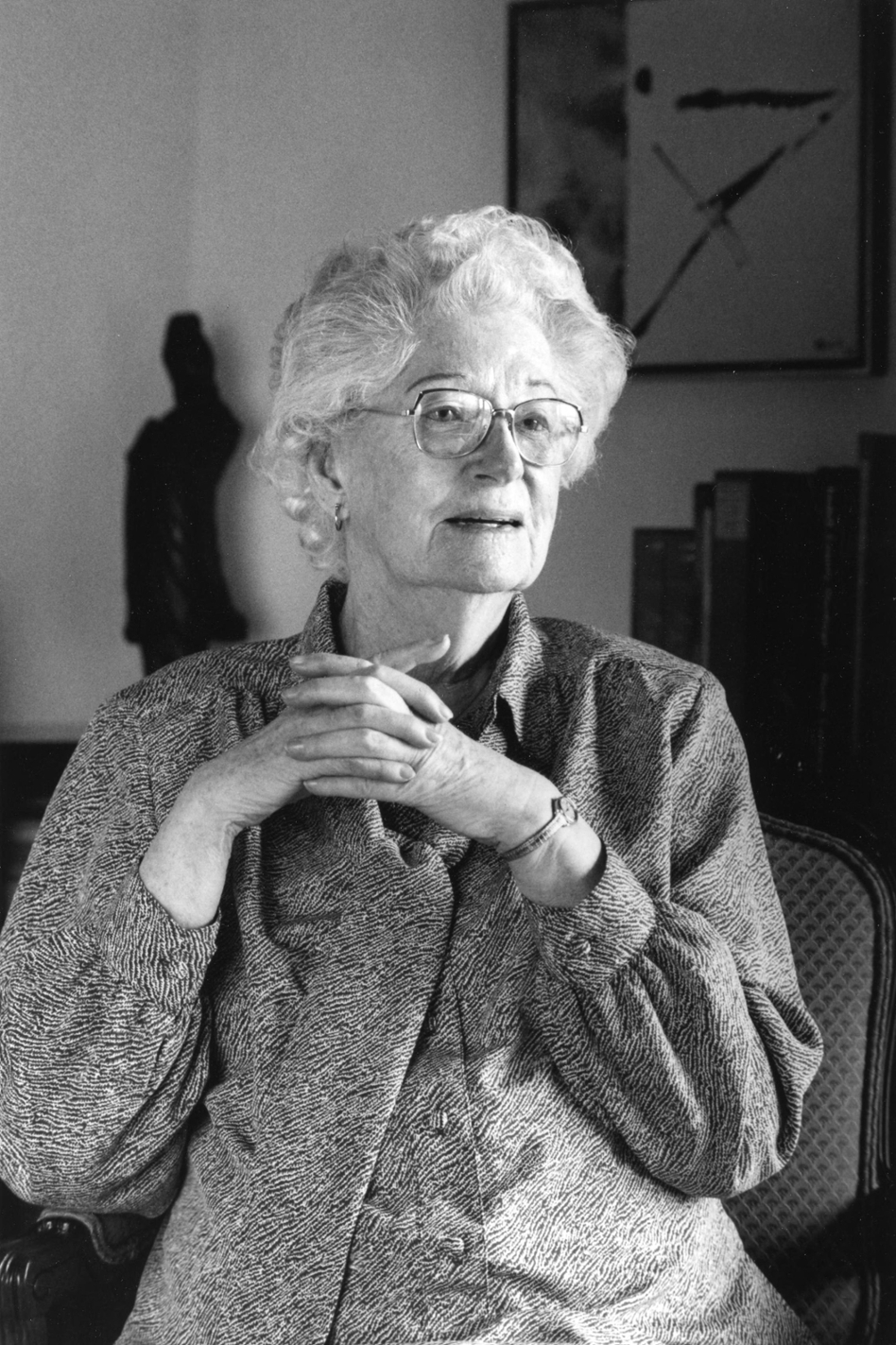

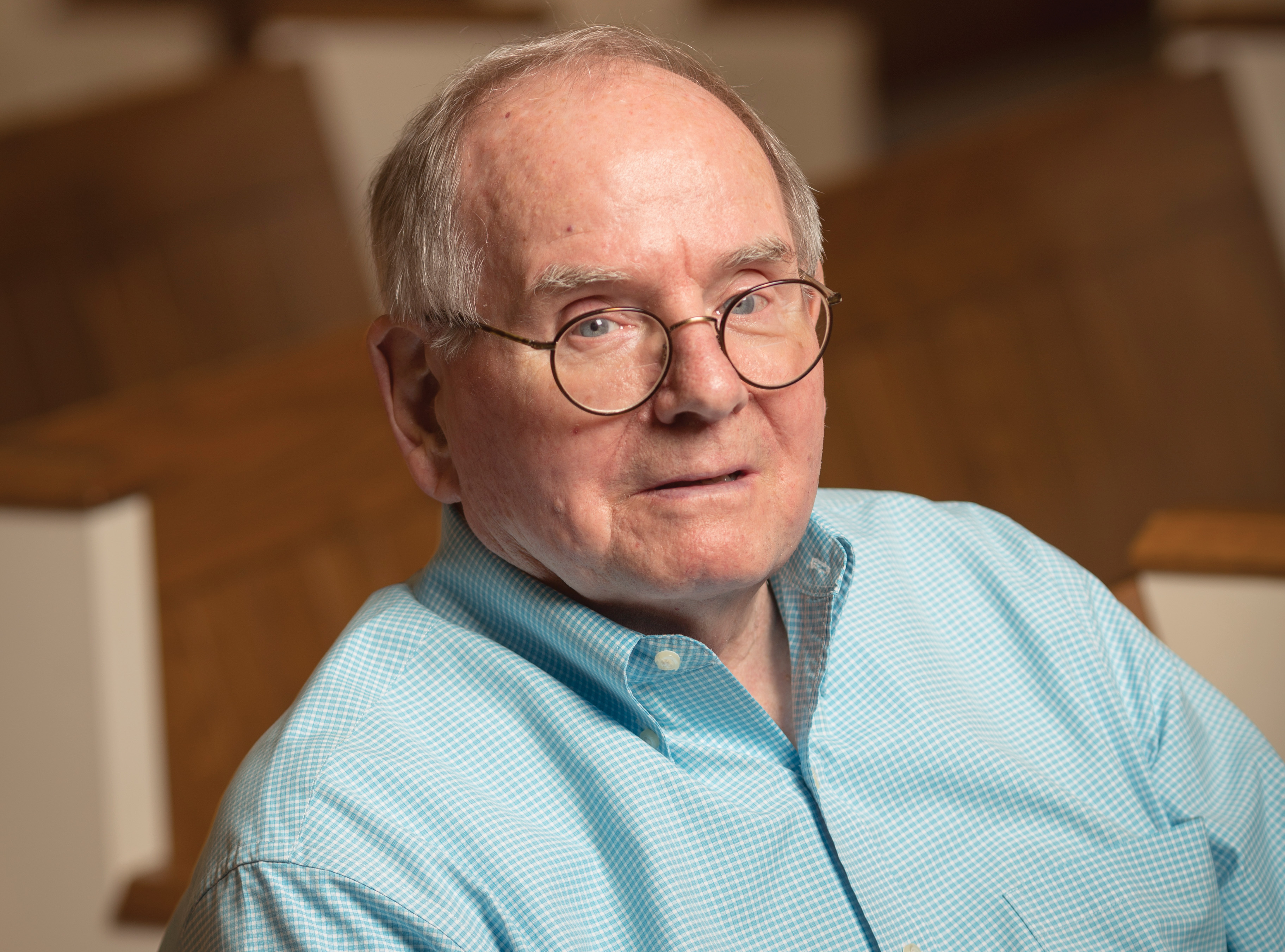
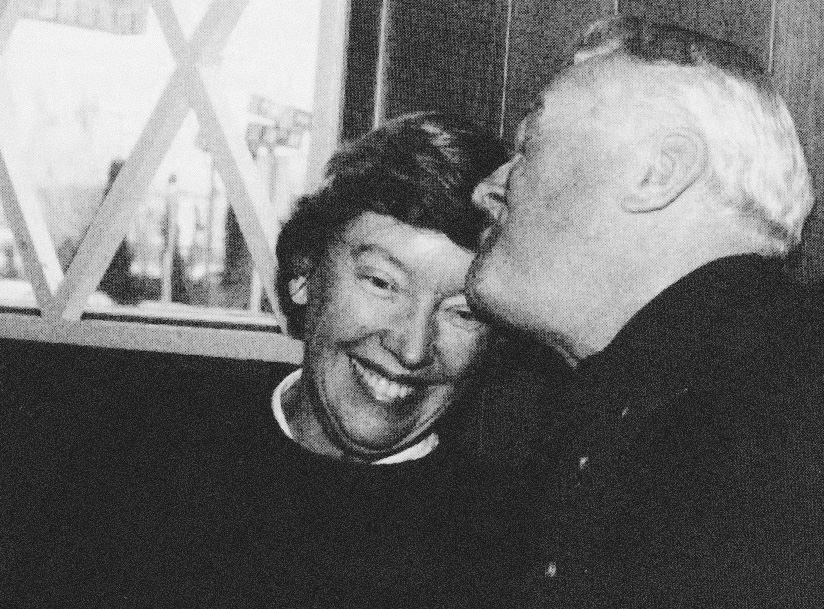

![Photo of Larry Church [chemistry ’73–80]](https://www.reed.edu/reed-magazine/in-memoriam/assets/images/Larry-Church.jpg)

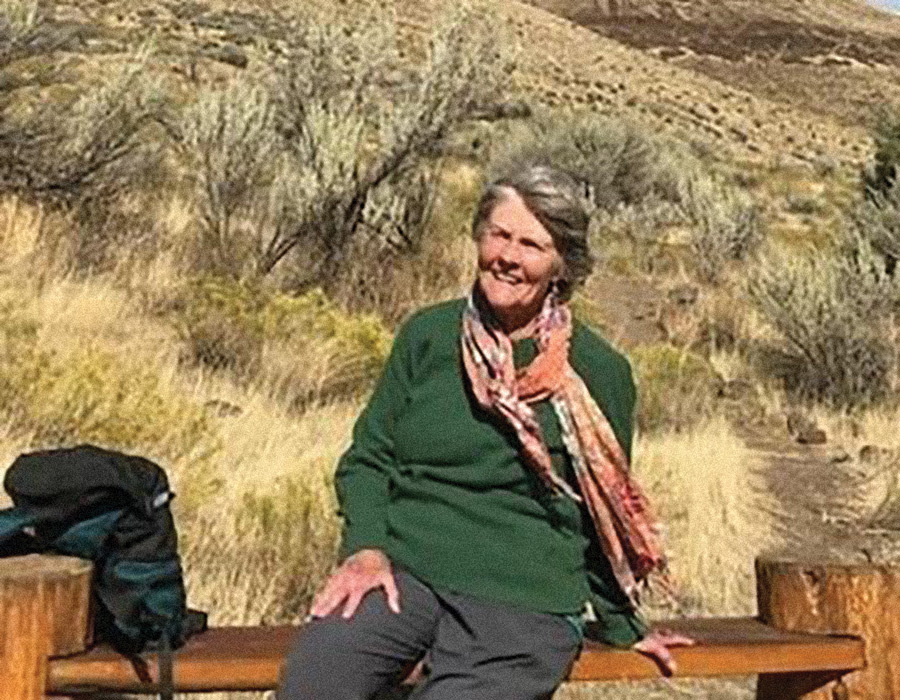

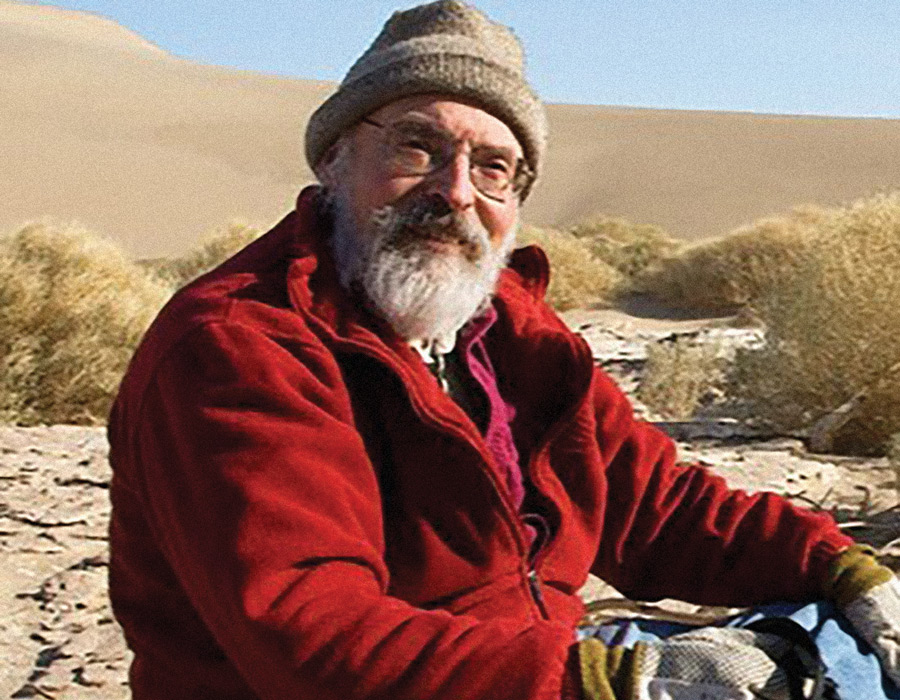

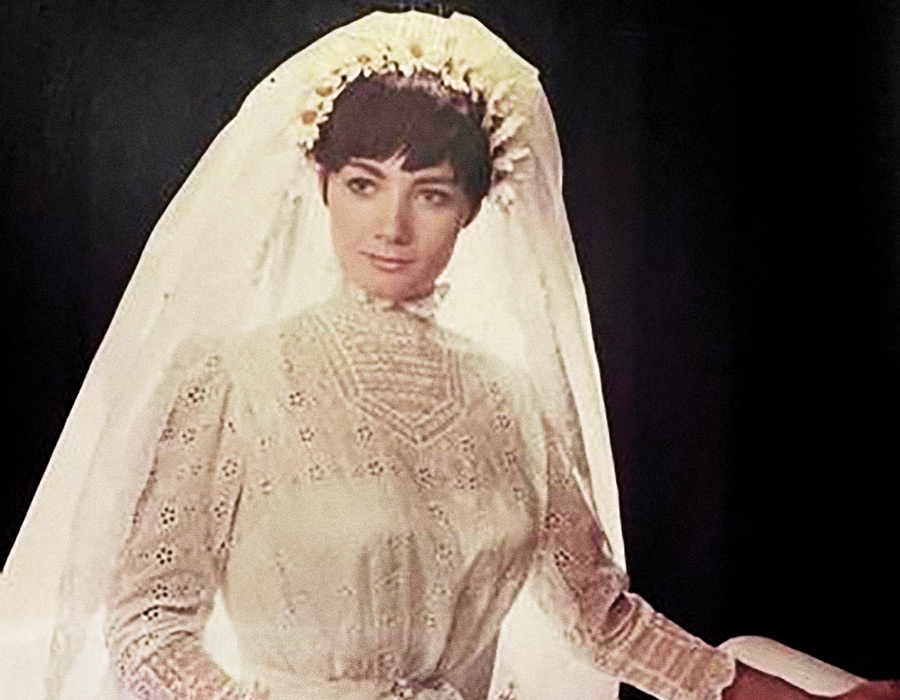

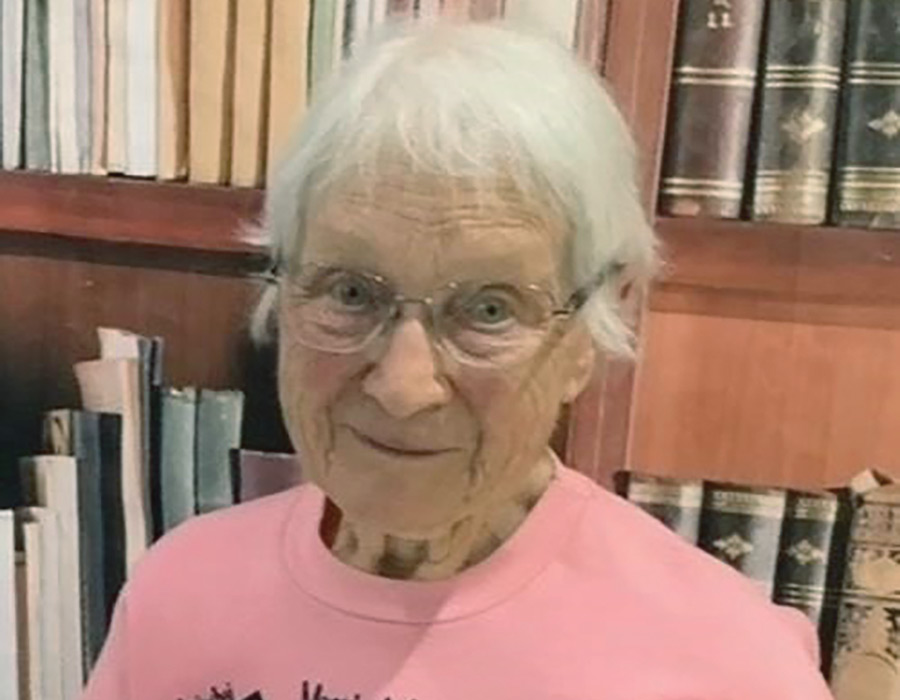



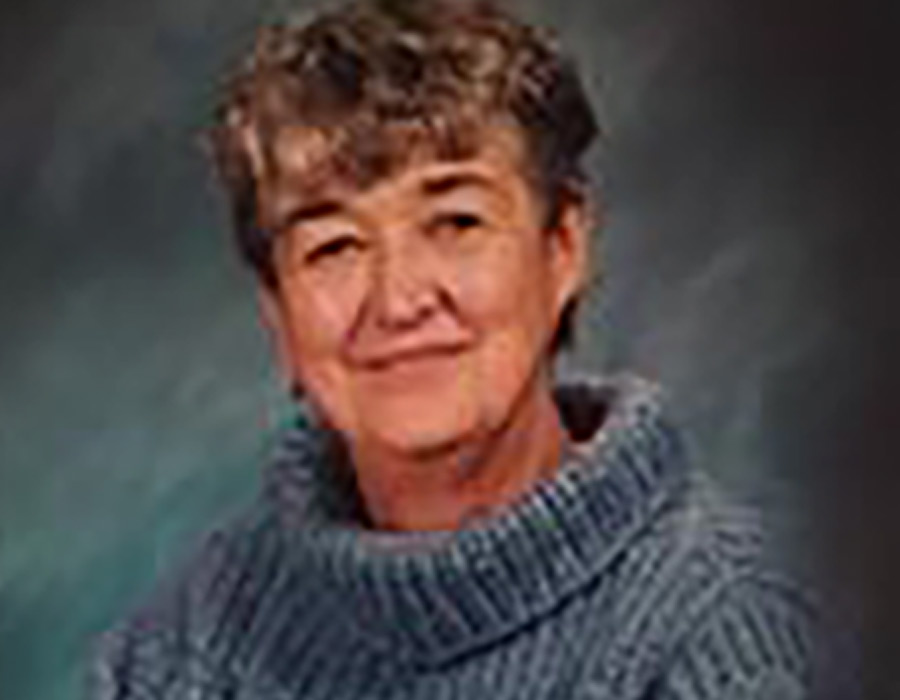



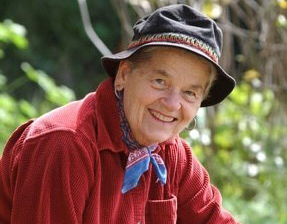

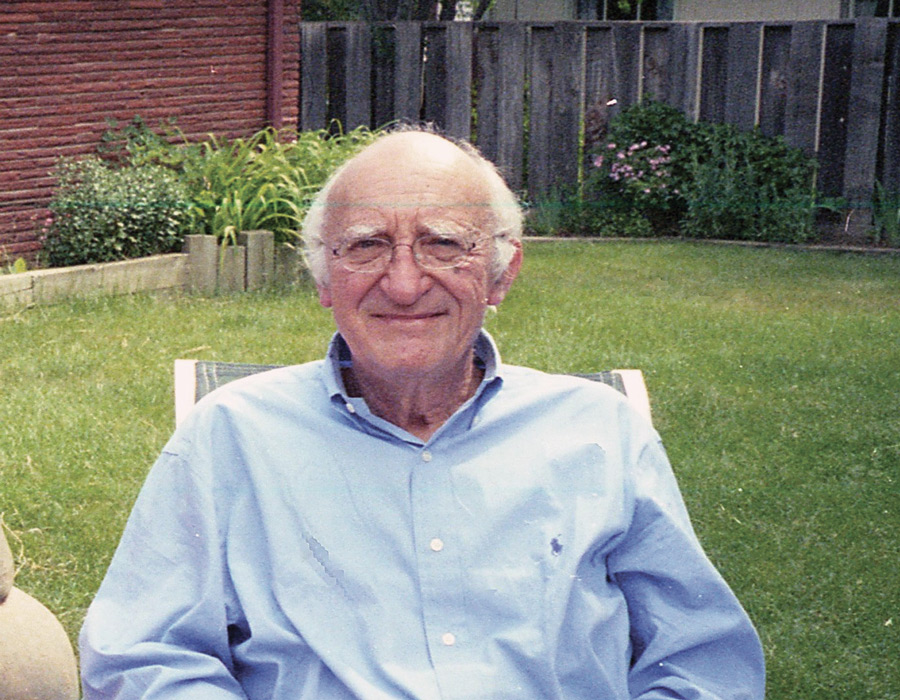

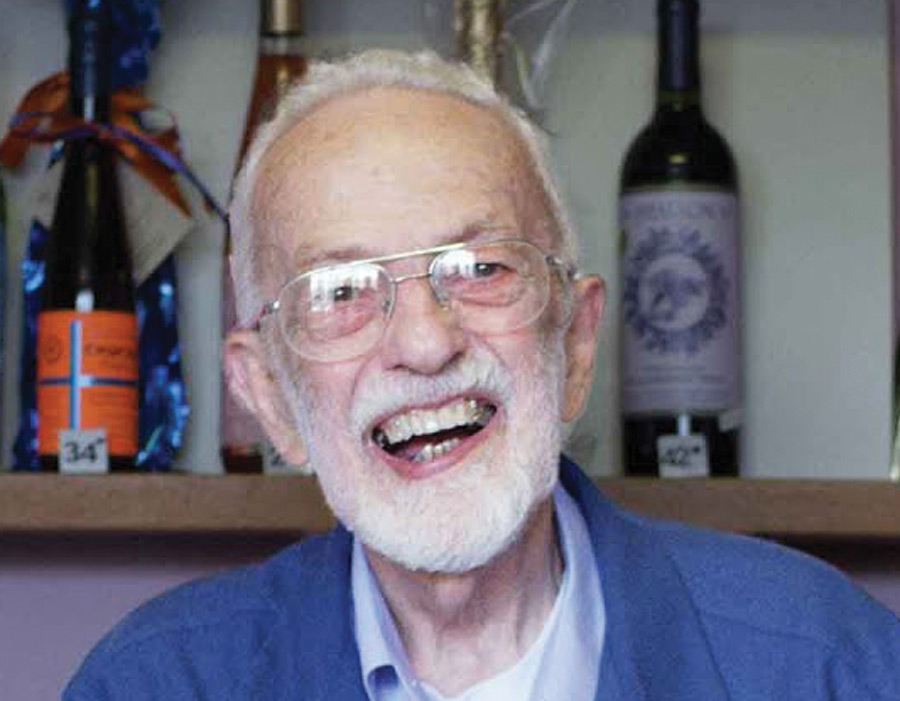
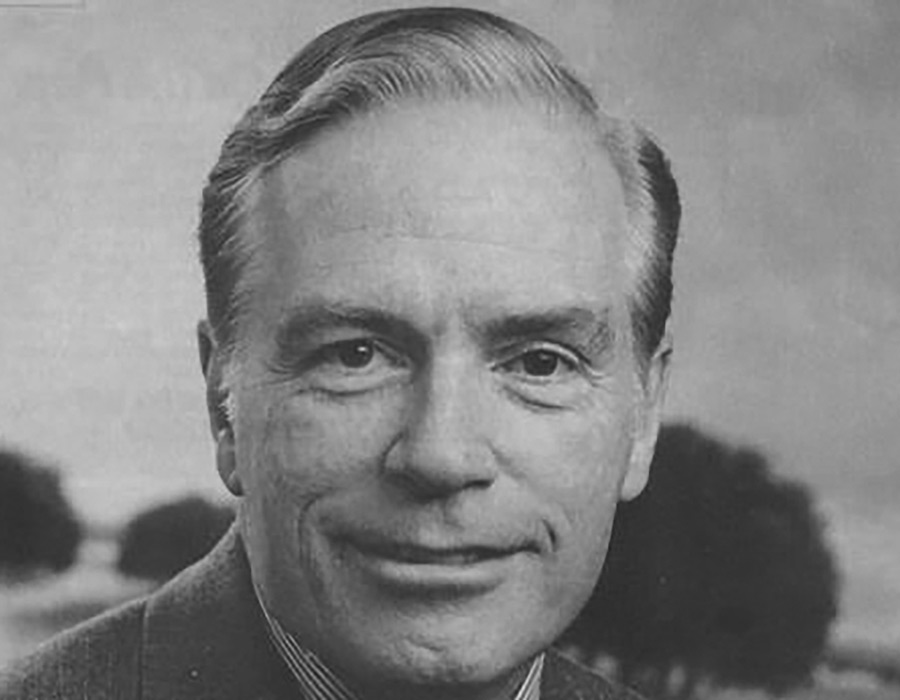
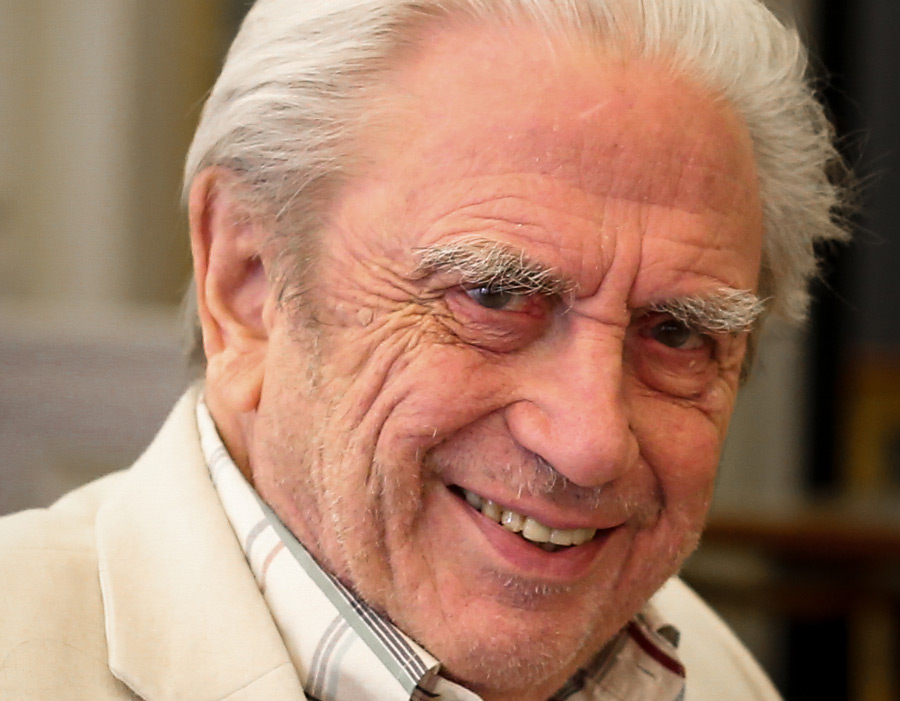




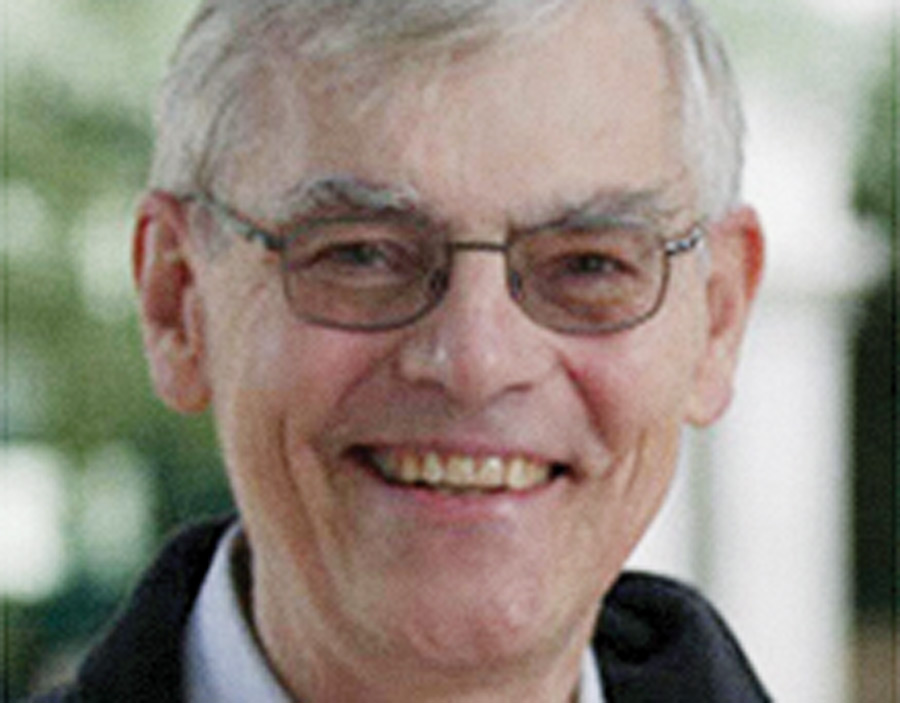


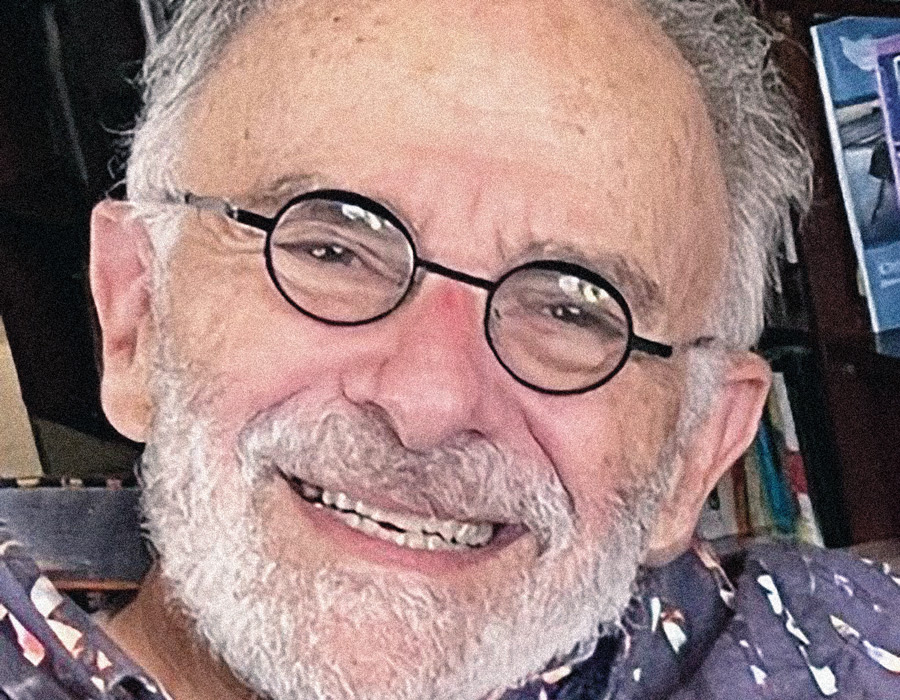
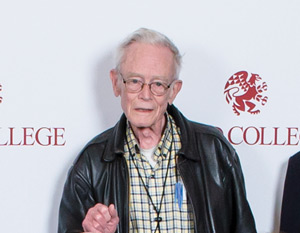
![Photo of Prof. Laurens Ruben [biology 1955–92]](https://www.reed.edu/reed-magazine/in-memoriam/assets/images/Larry-Ruben-copy.jpg)







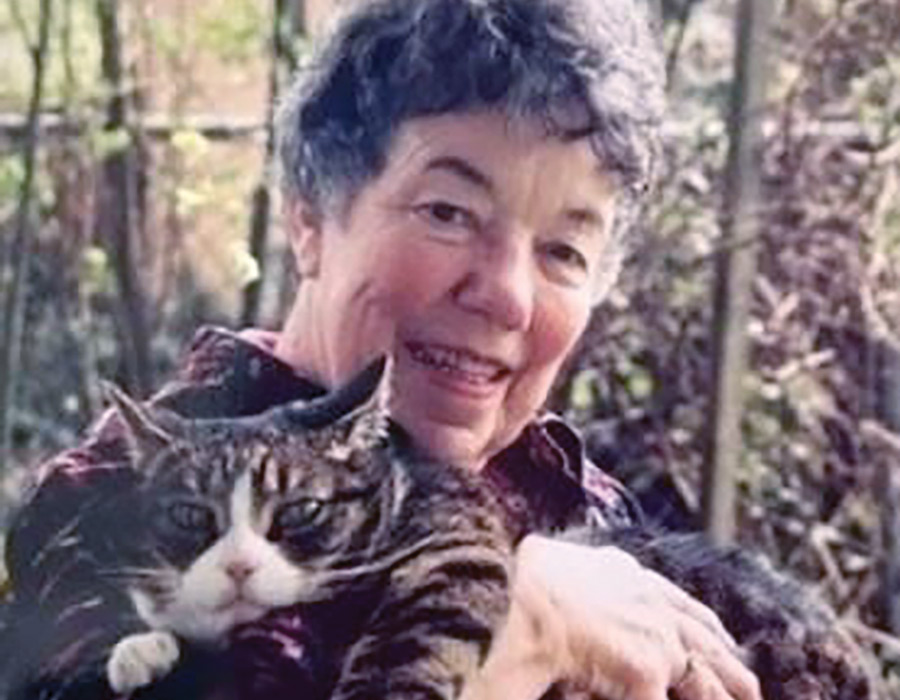
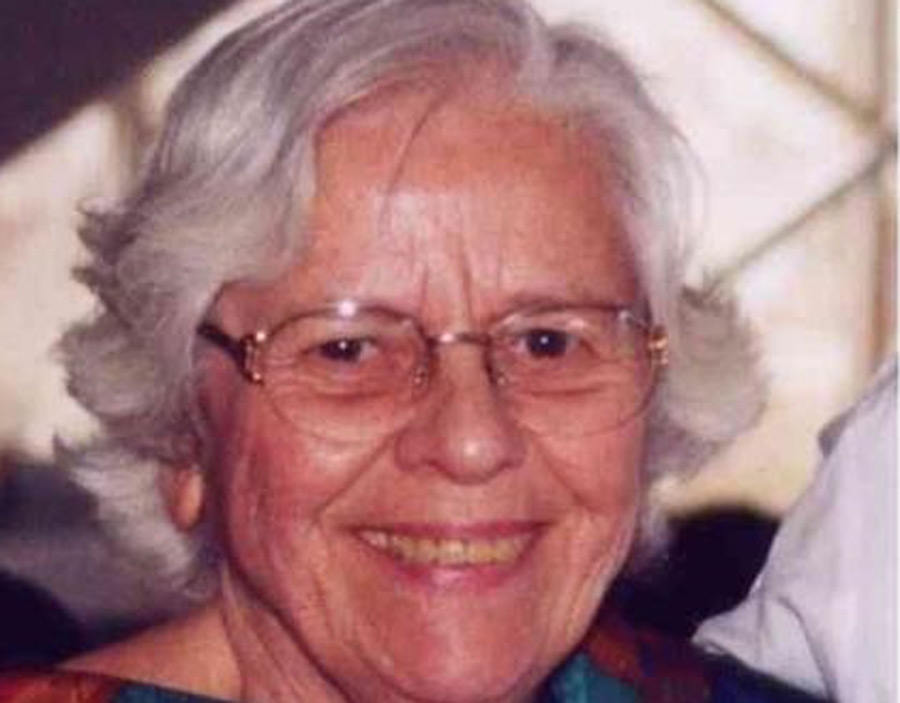
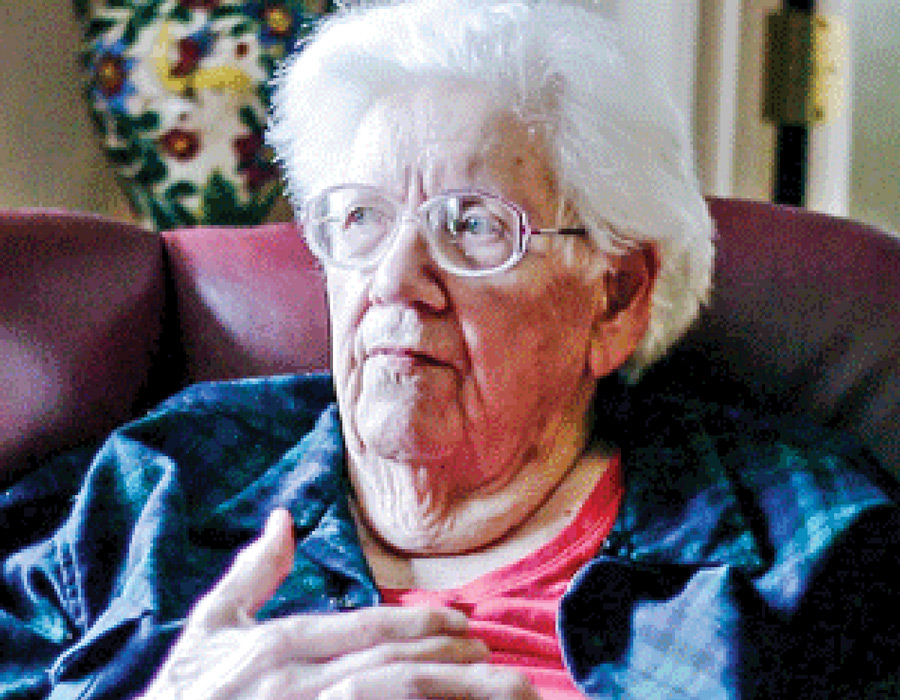
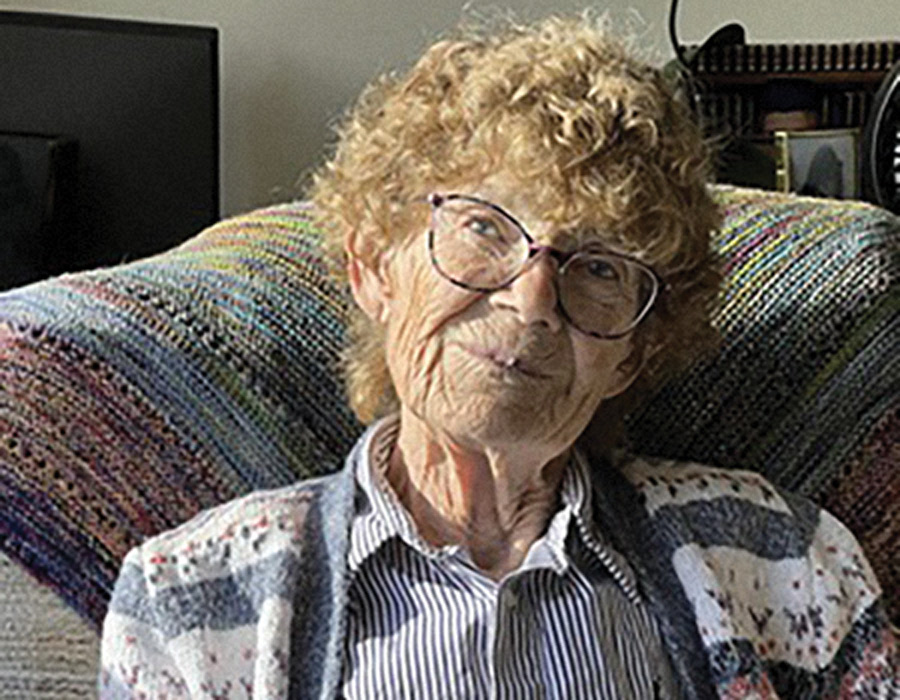

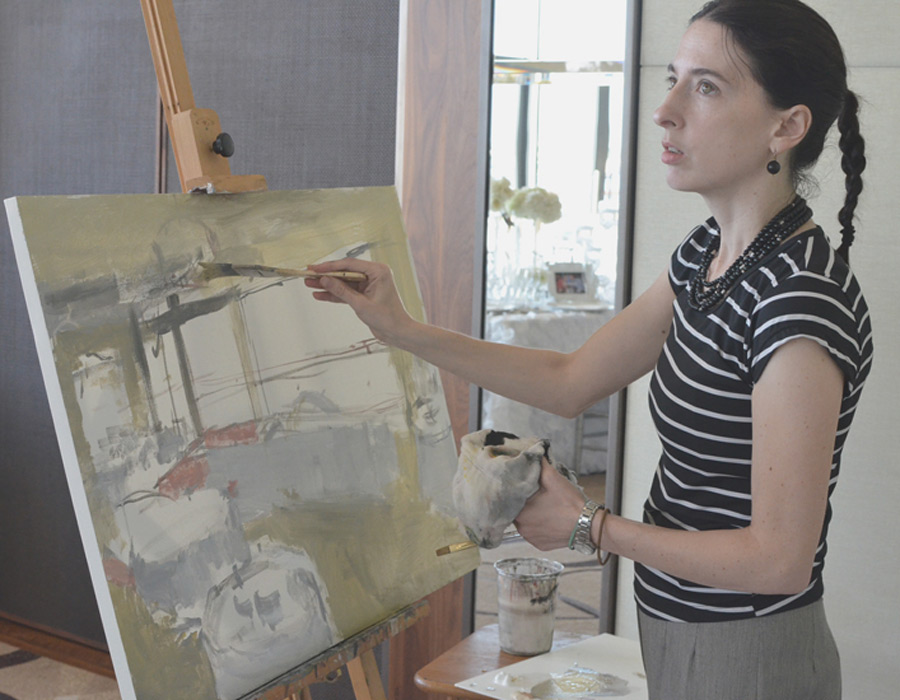
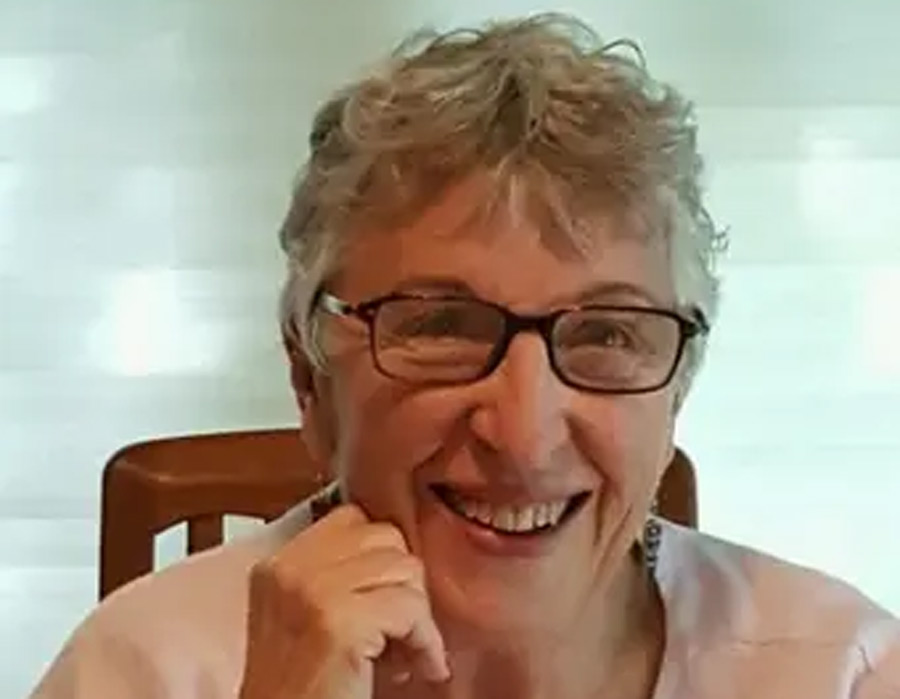






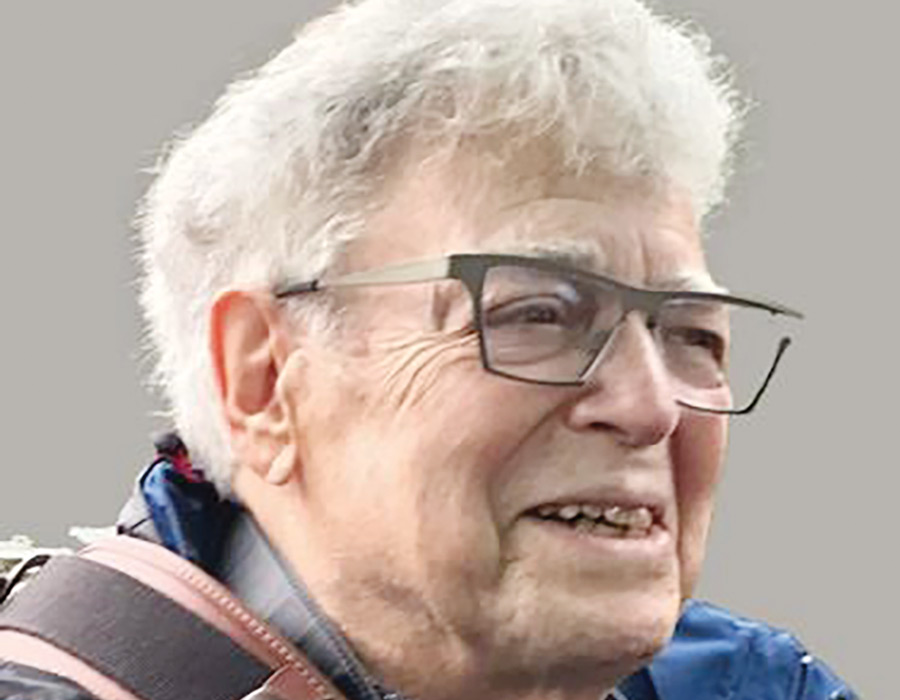
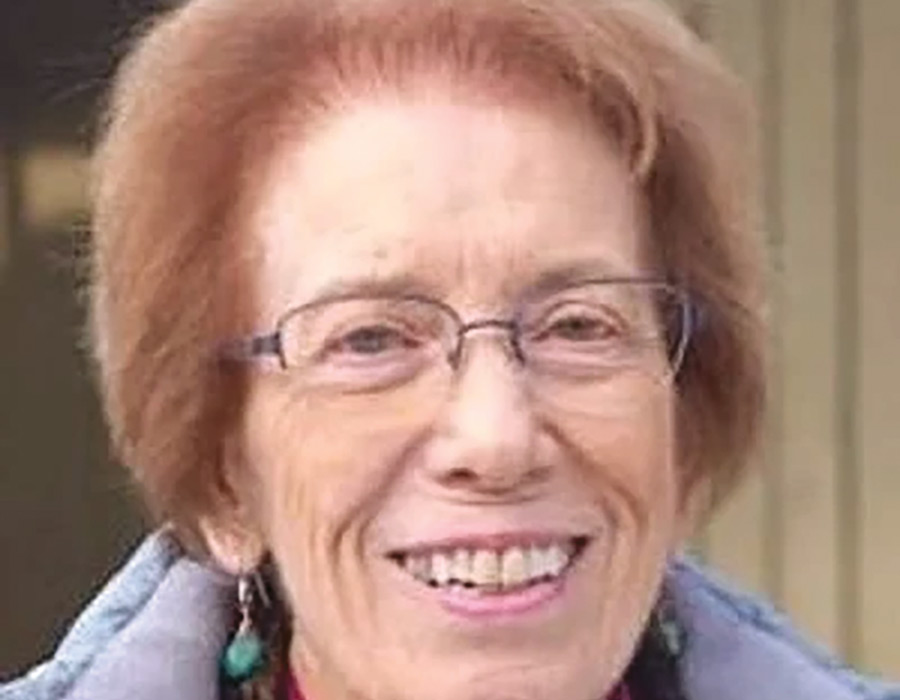
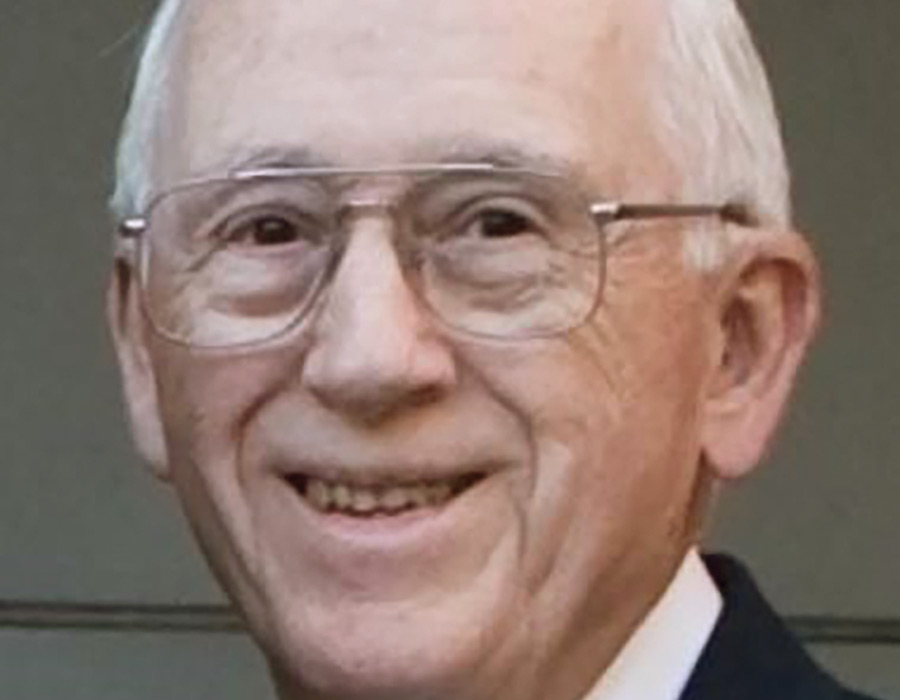







![Photo of Prof. Marvin Levich [philosophy 1953–94]](https://www.reed.edu/reed-magazine/in-memoriam/assets/images/2022/LTL-levich1.jpg)
![Photo of President Paul E. Bragdon [1971–88]](https://www.reed.edu/reed-magazine/in-memoriam/assets/images/2020/Bragdon.jpg)
![Photo of Prof. Edward Barton Segel [history 1973–2011]](https://www.reed.edu/reed-magazine/in-memoriam/assets/images/2020/Segel.jpg)








































































